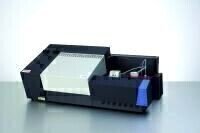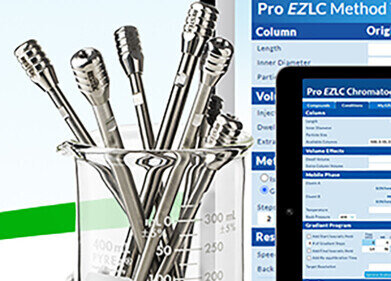Environmental Laboratory
New Total Sulfur Analyzer Providing Accurate Sulfur Analyses for Improved Refinery Efficiency.
Jan 02 2008
The unique TTS technology has been developed by researchers at Thermo Fisher in response to new regulations including the ASTM D5453 methodology implemented by the United States Environmental Protection Agency (EPA). These regulations dictate strict limitations on the sulfur content levels in automotive fuels. Ultra-low sulfur diesels are already in use across much of Europe and Asia, and are expected to become a viable alternative to mainstream fuels by 2010.
Traditionally, combustion and Ultra Violet Fluorescence (UV-F) have been used for accurate analysis of sulfur in motor fuels. However, even an optimized detector may identify nitrogen as nitrogen oxide, which emits at the same wavelength as sulfur dioxide, resulting in inaccurate analysis. Low Cetane ultra low sulfur diesel fuel is usually spiked with Cetane Improver (2-EHN) to boost the Cetane number. When analyzing sulfur in fuel oil using UV-F detection technique this 2-EHN component can cause inaccurate detection of higher sulfur content than truly exists, and consequently has a cost impact when it comes to refinery operation planning.
The novel TTS technology defines the amount of nitric oxide (NO) added to the sample in the furnace, inhibiting the formation of SO3, which cannot be detected using UV-F. This results in higher yield combustion of sulphur dioxide (SO2), which can then be detected using UV-F. Featuring the TTS technology, and configured with a UV-F detection system, the Thermo Scientific TS 4000 analyzer is capable of detecting sulfur at extremely low levels in liquids solids and gas samples.
The Thermo Scientific NeXYZ liquid autosampler is supplied as standard with all TS 4000 analyzers. The NeXYZ Autosampler offers quick and easy automatic sample introduction. It is the first universal autosampler that can be used for solids, as well as direct and indirect injection of small volume hydrocarbons.
Digital Edition
IET 34.2 March 2024
April 2024
Gas Detection - Biogas batch fermentation system for laboratory use with automatic gas analysis in real time Water/Wastewater - Upcycling sensors for sustainable nature management - Prist...
View all digital editions
Events
May 03 2024 Seoul, South Korea
May 05 2024 Seville, Spain
May 06 2024 Minneapolis, MN, USA
May 13 2024 Munich, Germany
May 15 2024 Lund, Sweden


















